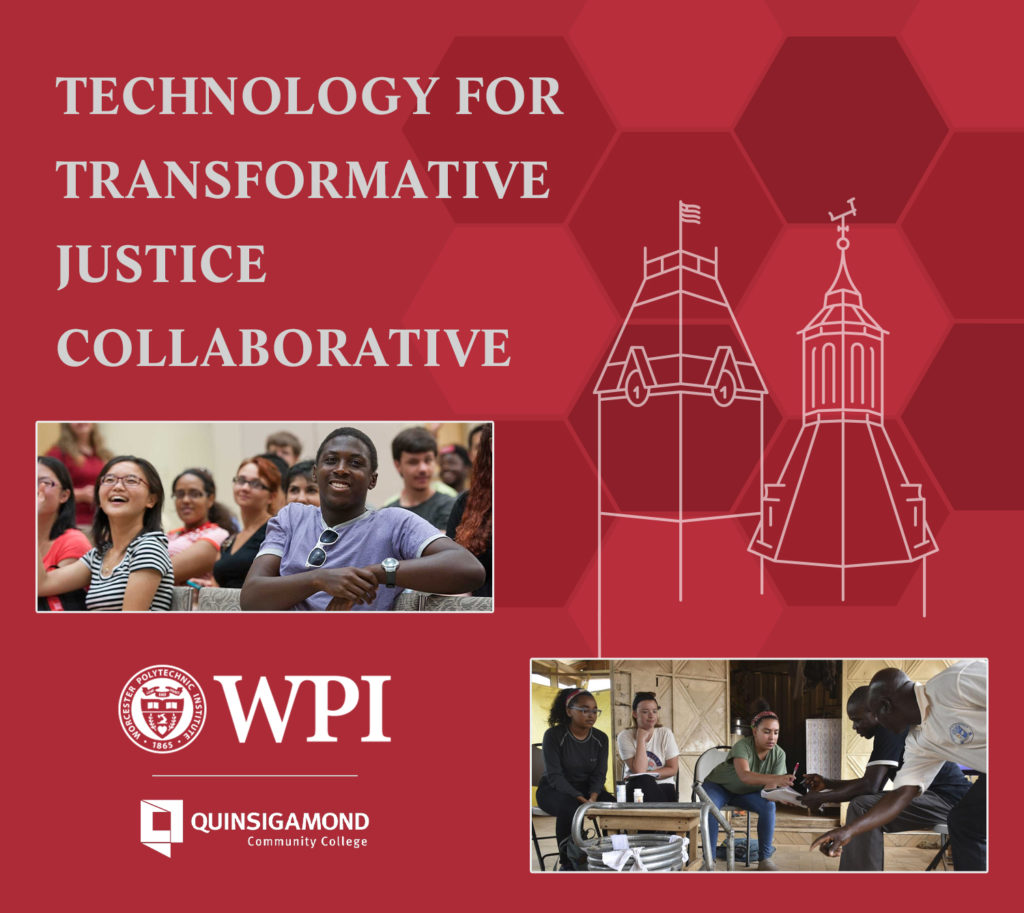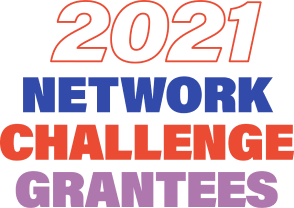
2021 NETWORK
CHALLENGE GRANTEES
6 New Grantees Announced
In November 2021, the 2020 Network Challenge grantees were announced at the third annual PIT-UN convening as well as a feature on pitcases.org. The 31 projects prioritize connecting in class learning with their real-world applications to ensure the safety and security of some of our most vulnerable communities. Six new projects, constituting an additional $500,000-plus in grants, were added to the 2021 grantee cohort. The work ranges from fellowship programs to ethical data workshops to large-scale analysis of the U.S. court system and is aimed at developing graduates with skills and knowledge at the intersection of technology and policy.
Developing Community-Led and Equity-Focused Public Interest Technology Curriculum
CARNEGIE MELLON UNIVERSITY
Principal Investigator: Sarah Fox, Assistant Professor in the Human Computer Interaction Institute
Faculty from the Human-Computer Interaction Institute and Institute for Software Research will develop a process for co-designing public interest technology (PIT) curriculum alongside community partners, such that materials and activities that address emergent technologies of concern to the public are mutually beneficial and trusted across institutional boundaries and organizations.
Centered on a set of People’s Guides to Technology, the principal investigators will work with community partners and students on a set of PIT courses at CMU to prepare explanations and exercises that support nontechnologists learning about technologies that affect their lives and to facilitate community dialogue. The project includes a community engagement strategy to allow other institutions to learn from and build on the pedagogy.
THE PIT DIFFERENCE
“We aim to create curriculum for and with communities left out of conversations about technologies impacting them, build shared resources and extend the repertoire of PIT approaches. We will partner with community organizations to define topics of need, interpret tech deployments, provide feedback to students developing content, and circulate guides. We will make materials open source. Collaborations with PIT-UN members will allow us to share and scale our curriculum and community engagement strategy.”
—Project Team

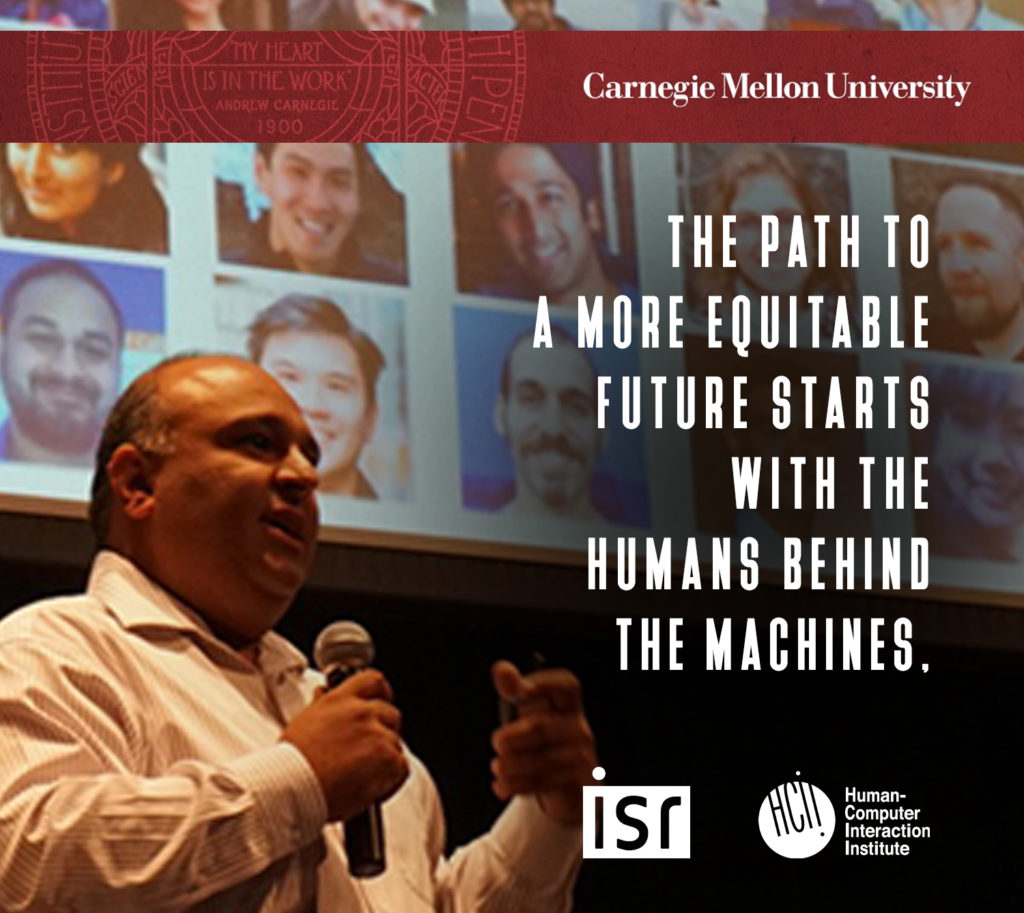

Designing Workshops to Support Ethical Data Use
GEORGIA INSTITUTE OF TECHNOLOGY
Principal Investigator: Betsy DiSalvo, Associate Professor in the School of Interactive and founder of the Culture and Technology Lab (CAT Lab)
This project, a collaboration between Georgia Tech’s DataWorks, which employs and trains people from historically minoritized communities to do data cleaning, annotation, and archiving, and nonprofits, will develop participatory processes for creating tools and templates to empower a broad range of ethical data practices and to develop data ethics and literacy with middle-skill data workers and partners, for whom data is peripheral to their practice.
This project kicks off with an initial workshop (Data 101 Workshop) to articulate an organizational data profile and plan, followed by another workshop (Data Checklists Workshop) to create a checklist for the collection and use of data, guided by the principles and mission of partner nonprofit organizations.
THE PIT DIFFERENCE
The work is grounded in equitable and sustained partnerships with nonprofits and community organizations. The DataWorks program specifically addresses this barrier by hiring and training minoritized workers. Through DataWorks, the co-principal investigators have partnered with and provided data services to numerous local organizations, including the Center for Civic Innovation, a nonprofit citizen advocacy and social enterprise organization; Concrete Jungle, a nonprofit that provides fresh and healthy food to those in need; the GreenLight Fund, a national social innovation foundation (DataWorks assisted the GreenLight Fund in collecting data on Atlanta); and Atlanta Wealth Building Initiative, a nonprofit that supports Black enterprise.
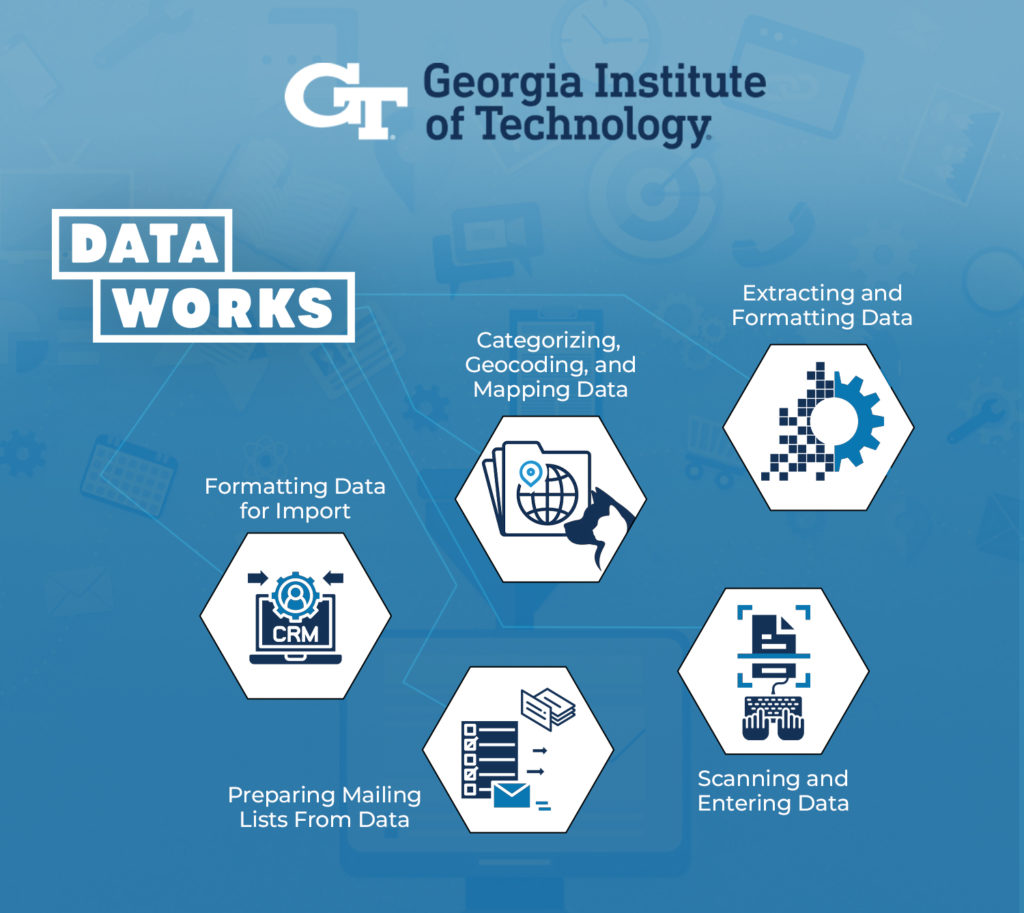
Public Interest Technology Summer Fellowship Program
PRINCETON UNIVERSITY
Principal Investigator: Mihir Kshirsagar, Clinic Lead
The project is a continuation of a two-year-old summer fellowship program, which builds a pipeline for talented tech-minded students to work with government agencies at the federal, state, and local levels who increasingly confront high-profile challenges in managing the impact of new technologies.
The fellowship will invite students from across PIT-UN to participate in the program. The program commences with an academic boot camp led by the technology policy clinic of the Center for Information Technology Policy (CITP) with guest lectures by CITP faculty and current and former government officials. This preparatory seminar grounds students in the basics of the regulatory landscape and introduces them to the challenges ahead to allow them to hit the ground running when they embark on their 10-week internship with the host government agency.
THE PIT DIFFERENCE
“CITP is committed to building a culturally diverse community, and we are interested in receiving applications from members of groups that have been historically underrepresented in this field.”
-The Project Team
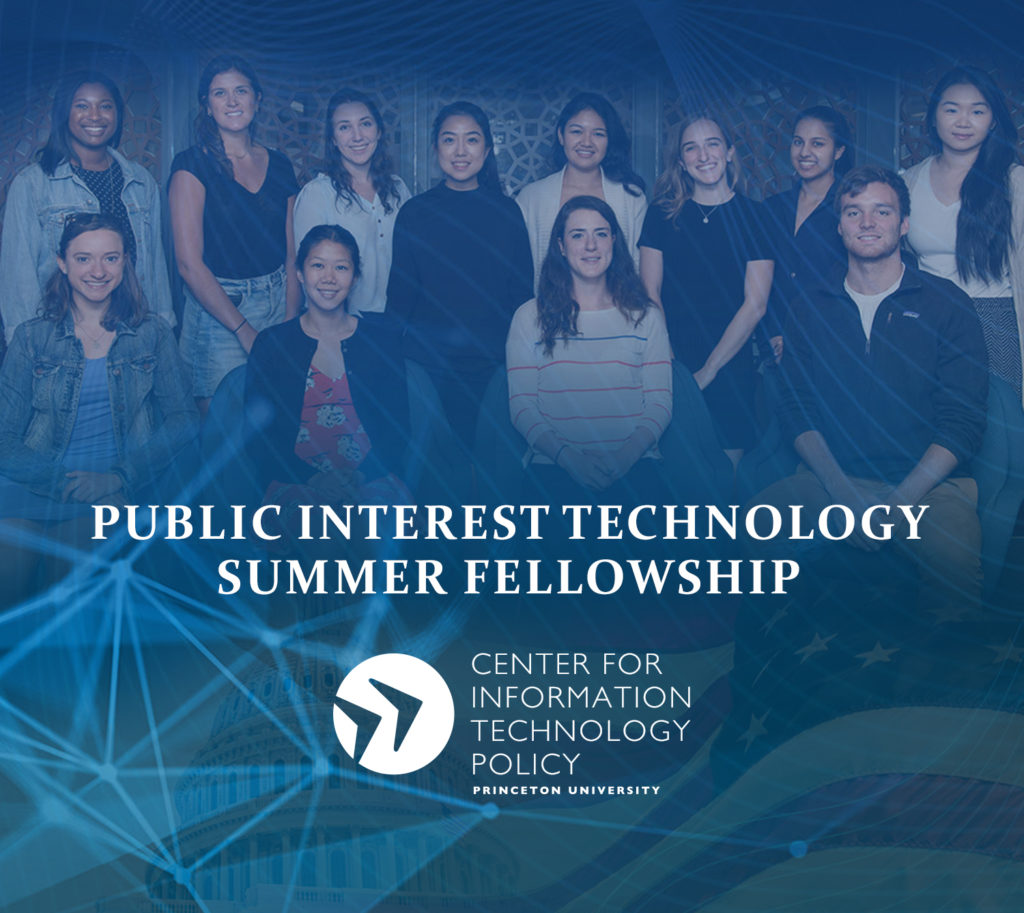

Improving Access to Justice through the Strategic Analysis of Litigation Events
THE UNIVERSITY OF TEXAS AT AUSTIN
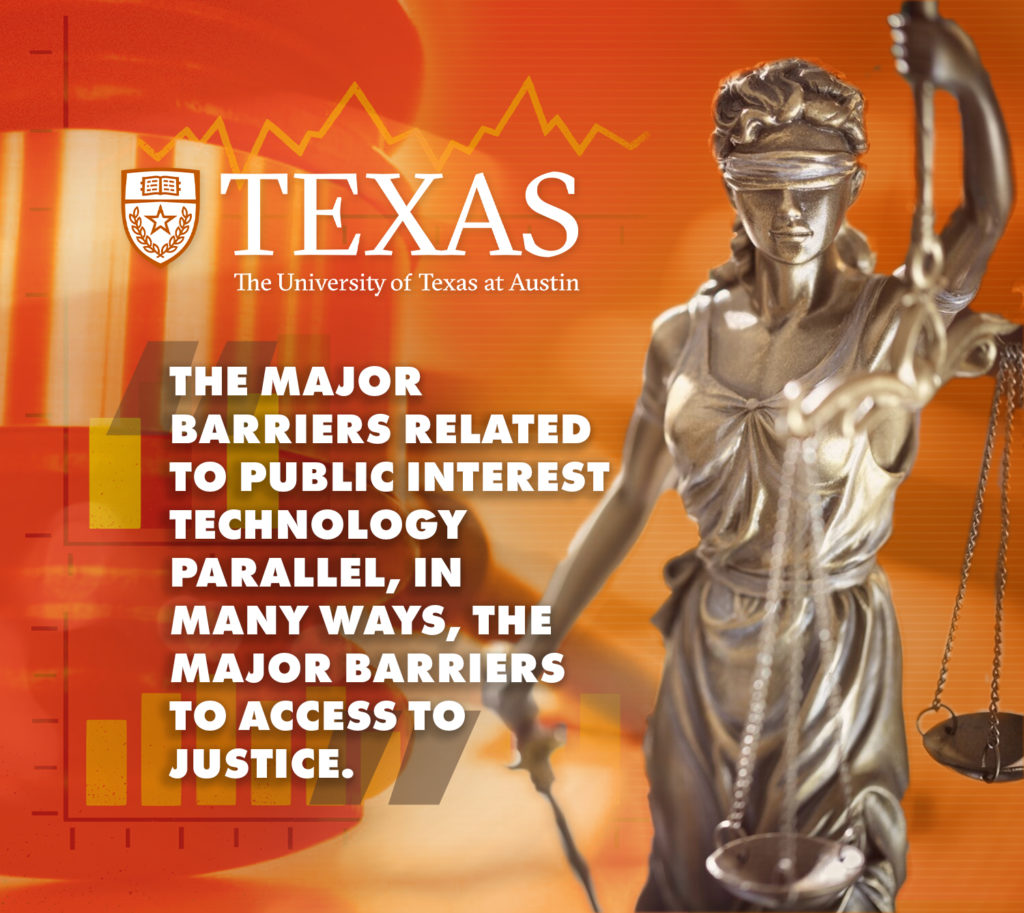
Principal Investigator: Amy Kristin Sanders, Associate Professor of Journalism and Law
Using machine learning, the project will engage in large-scale analysis of the U.S. court system, examining thousands of pages of records to answer public interest attorneys’ questions, provide guidance on where federal courts in Texas fail to operate justly and assist public interest attorneys in advocating for systemic change. The project’s community partners, who represent low-income and historically underrepresented groups, drive the project by asking questions that are central to their public interest mission. Using the answers that are uncovered by conducting systematic, empirical analysis of court records, community partners can better litigate their cases and advocate for policy changes that bring about systemic reforms in our justice system.
Additionally, to foster sustained interest in the use of public interest technology to support access to justice issues, the team will offer workshops, demonstrations, and trainings for university legal clinics, nonprofit community legal groups, and other volunteer attorney networks by attending two key conferences, one national and one in Texas (where pro bono attorneys gather).
The PIT Difference
“The major barriers related to public interest technology parallel, in many ways, the major barriers to access to justice. As a society, we have not overcome the ‘access’ gap with either technology or justice. Improving equity in education, increasing access to technology, and ensuring individuals have the skills and knowledge to make use of that technology play a tremendous role in increasing equity and inclusion in society. Our SCALES technology is designed to democratize access to court records by addressing all those challenges — key challenges present throughout public interest technology sectors.”
—Project Team

Data and Community Science: Getting minoritized undergraduates into the field of Data Science for Public Interest
UNIVERSITY OF ARIZONA
Principal Investigator: Adriana Picoral, Assistant Professor, Career Track
A big obstacle for drawing minoritized students into data science is unawareness of what various data science careers entail. This project aims to increase awareness of what data science is, how it can improve communities, and what various careers with data science skills are available now and emerging in the future; provide professional skills training to minoritized (in terms of race, ethnicity, gender, and disability) undergraduate students pursuing a career in community-focused data science; connect local community organizations with minoritized undergraduate students for data science internships; and shed light on how community-university collaborations can increase diversity in the field of data science.
THE PIT DIFFERENCE
The University of Arizona is a Hispanic-serving institution (HSI). By offering paid summer internships locally, the project aims to attract nontraditional tech interns to PIT by engaging students enrolled in nontraditional data science introductory courses, such as WFSC 223 – Dealing With Data in the Wild and MATH 107 Exploring and Understanding Data, which do not have the prerequisite courses in calculus and linear algebra.
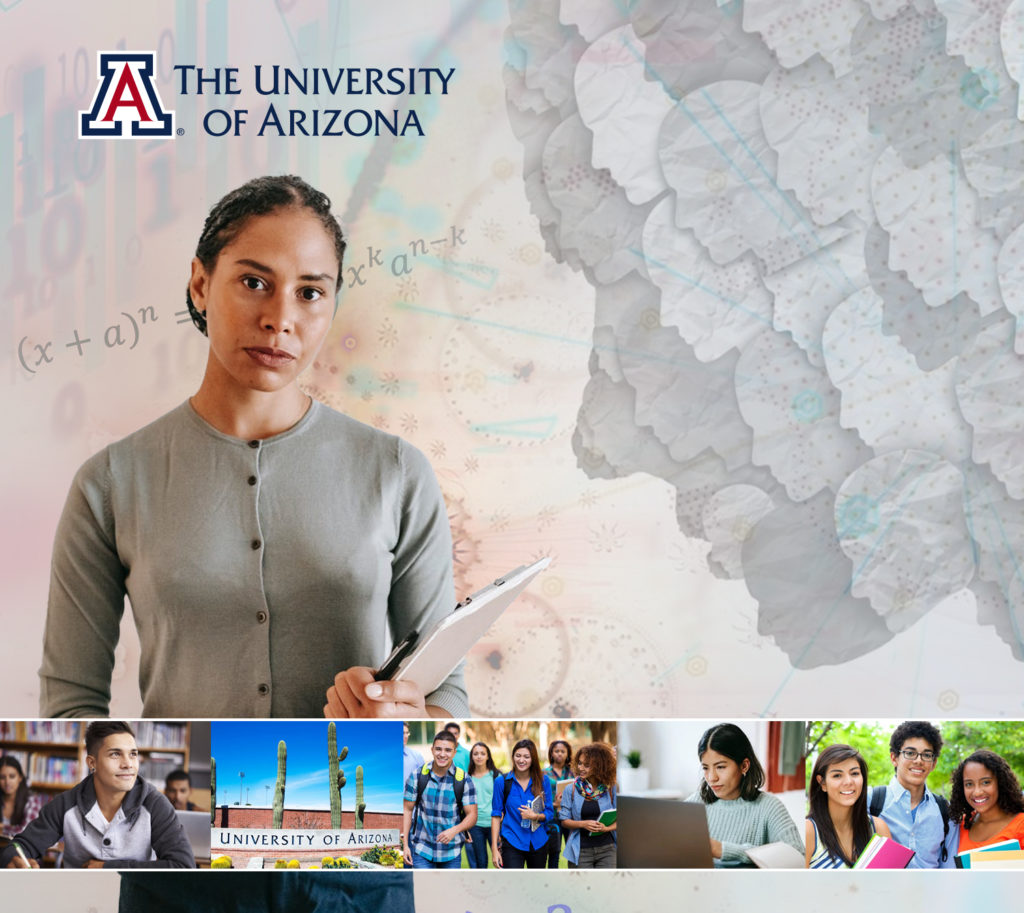
From Visibility to Institutionalization: Integrating PIT through JUST-T Collab
WORCESTER POLYTECHNIC INSTITUTE
Principal Investigators: Yunus Dogan Telliel, Assistant Professor- Anthropology & Rhetoric, Humanities & Arts, and Laureen Elgert, Department Head, Integrative & Global Studies
The newly established Just-T Collab (Technology for Transformative Justice Collaborative) will lead the institutionalization of a PIT culture with a regularized, anticipated series of annual activities and an expansion of collaborations with Quinsigamond Community College and other local partners. Building on the momentum created by WPI’s 2021 PIT Signature Projects Program, this project establishes Just-T Collab to advance the visibility of PIT ideas to the institutionalization of a PIT culture.
The project aims to foster a PIT culture by developing and implementing a regularized, anticipated series of annual activities, such as a grants competition for faculty, a summer institute, workshops, a design competition for students and more. This PIT activities calendar will embed expectation and tradition, as faculty and students look forward to engaging with opportunities on campus and in Worcester. In conjunction with that, we will strengthen the partnership with Quinsigamond Community College to expand PIT opportunities for underserved local communities and take steps toward building Worcester’s PIT coalition.
THE PIT DIFFERENCE
In 2021, the signature projects reflected a variety of interdisciplinary intersections between technology and justice, from robotics and computer science to policy studies and pedagogy. The projects were led by faculty reflecting racial, ethnic, gender, and religious diversity. The project team is working with Rame Hanna, the inaugural director of diversity and inclusive excellence, who is working to integrate diversity and inclusive excellence into the institution’s five-year strategic plan to ensure that the team and the work is more inclusive.
